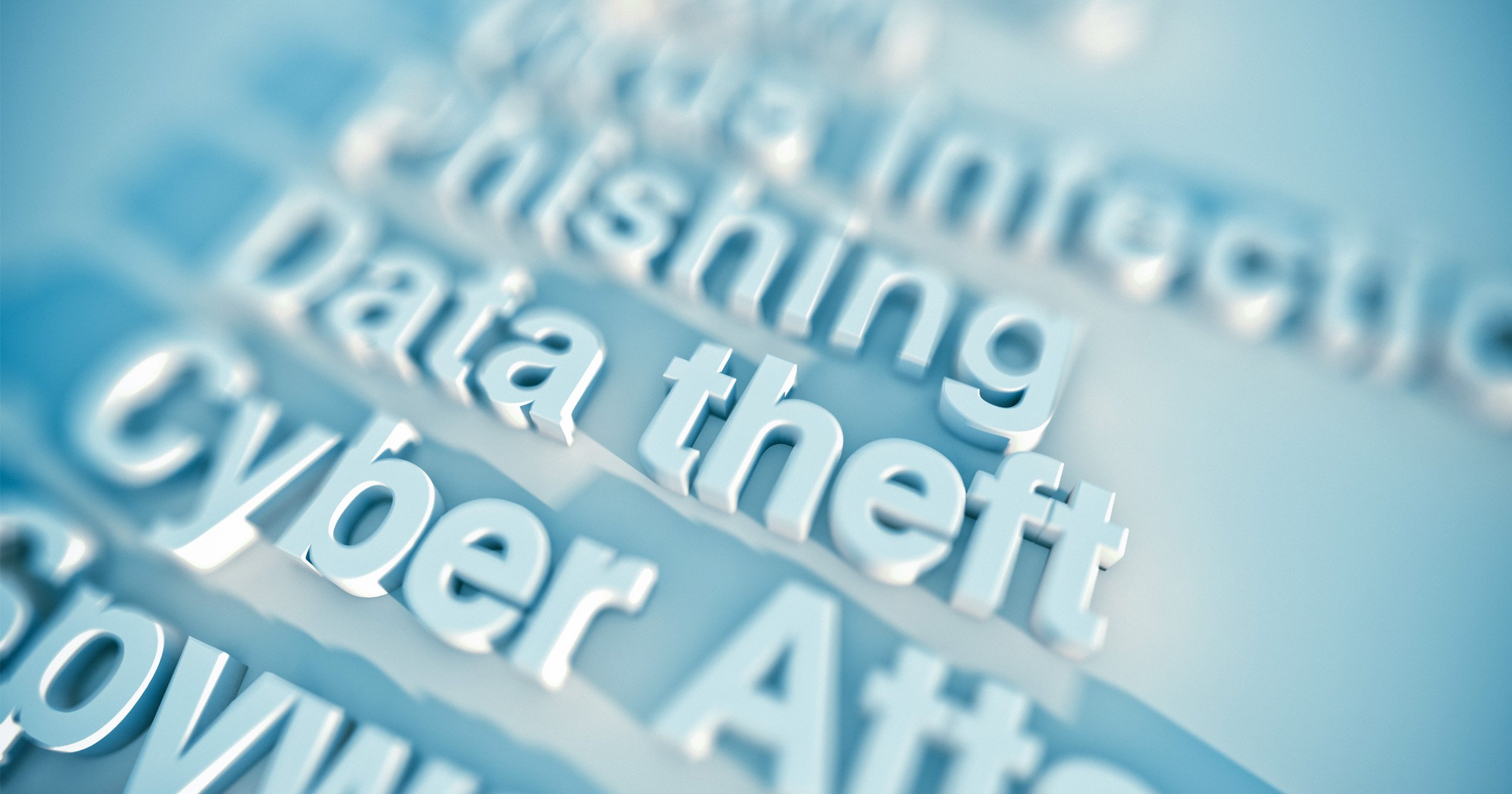Internet of Hacked Things
Will Smart Homes Be Safe?
FUTURE PROOF-BLOG BY FUTURES PLATFORM
Will Smart Homes Be Safe?
In 2016 a massive cyber attack was carried out by code that was stored in compromised Internet connected devices such as security cameras. As The Internet of Things expands to our homes, the likelihood of our devices being hacked is a real concern. Every connected home will need a sturdy firewall, but how many will think about it when buying a WiFi coffee machine?
Andrew McGill from The Atlantic devised a test, a fake toaster look a like server. It took an hour from the appearance of the toaster on the Internet before it was compromised. One Problem is the limited IPv4 address space that cyber criminals running botnets can scan in a matter of hours. In other words, any connected device can be found, if it is visible.
Internet of Things devices themselves are more insecure than secure. If your home network is not compromised, however, there is a likelihood of your devices connected to it being safe as well. We have also learned from WikiLeaks that governments may use Internet connected audiovisual devices to listen or view into our daily lives.
WiFi connected devices at homes at the moment control mostly lights, temperature and audiovisual devices. More worryingly, also security cameras and alarm systems have IoT interfaces.




For more than 13 years, NATO has conducted cyber wargames that simulate complex decision-making in cyberspace. The focus, along with the invitation list, has widened to include all forms of cybersecurity, and in 2020, white-hat hackers were included for the first time.